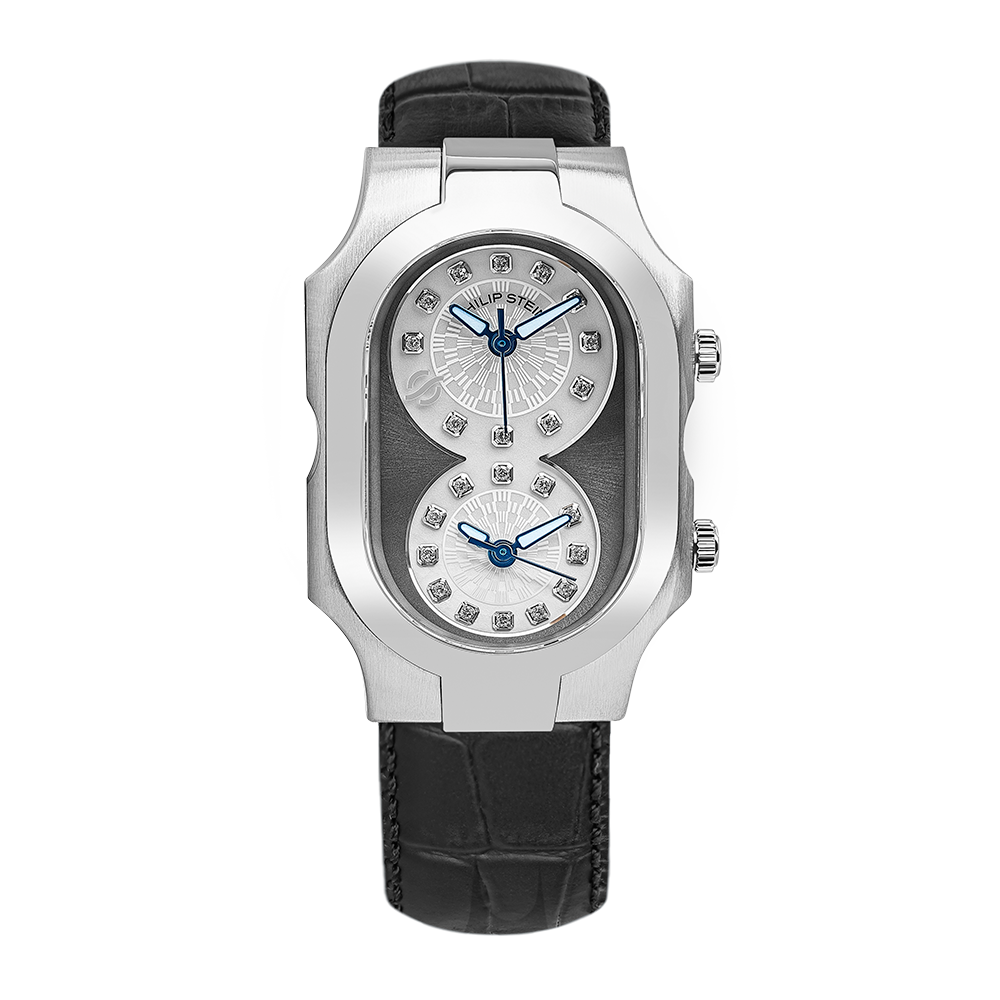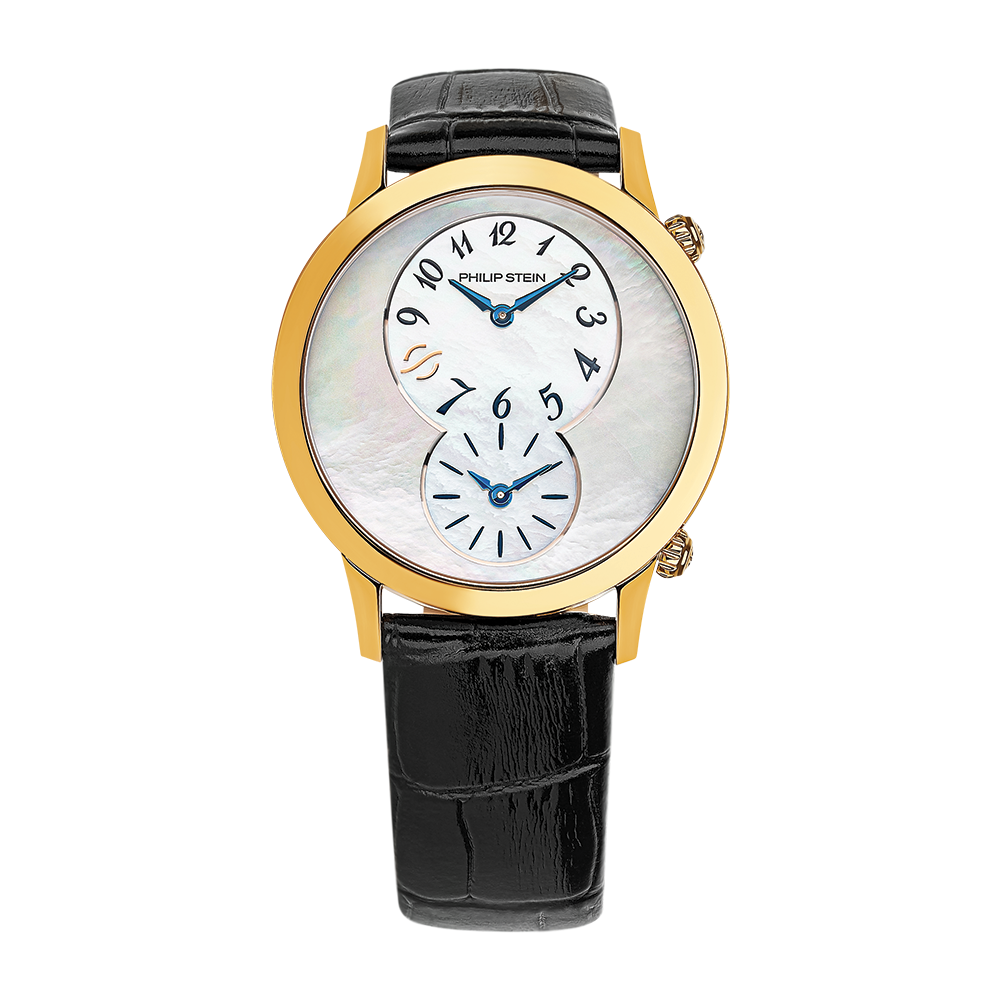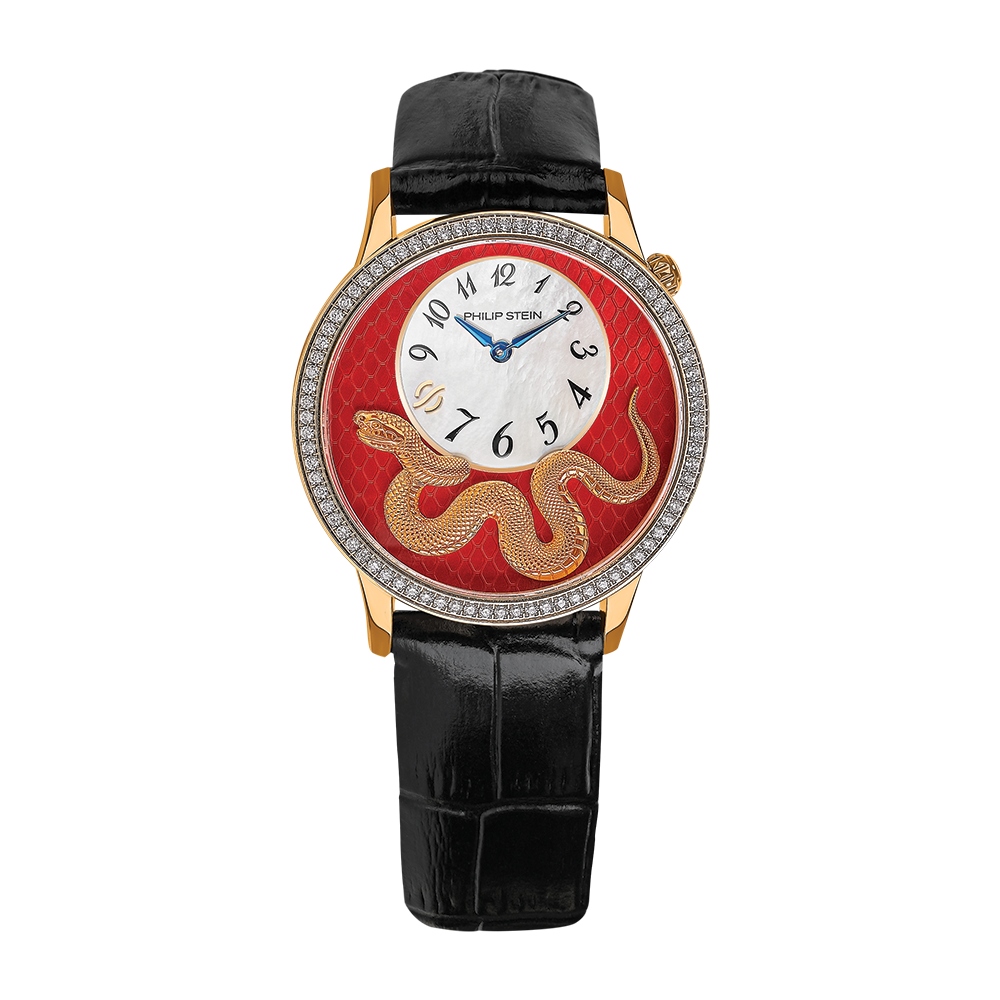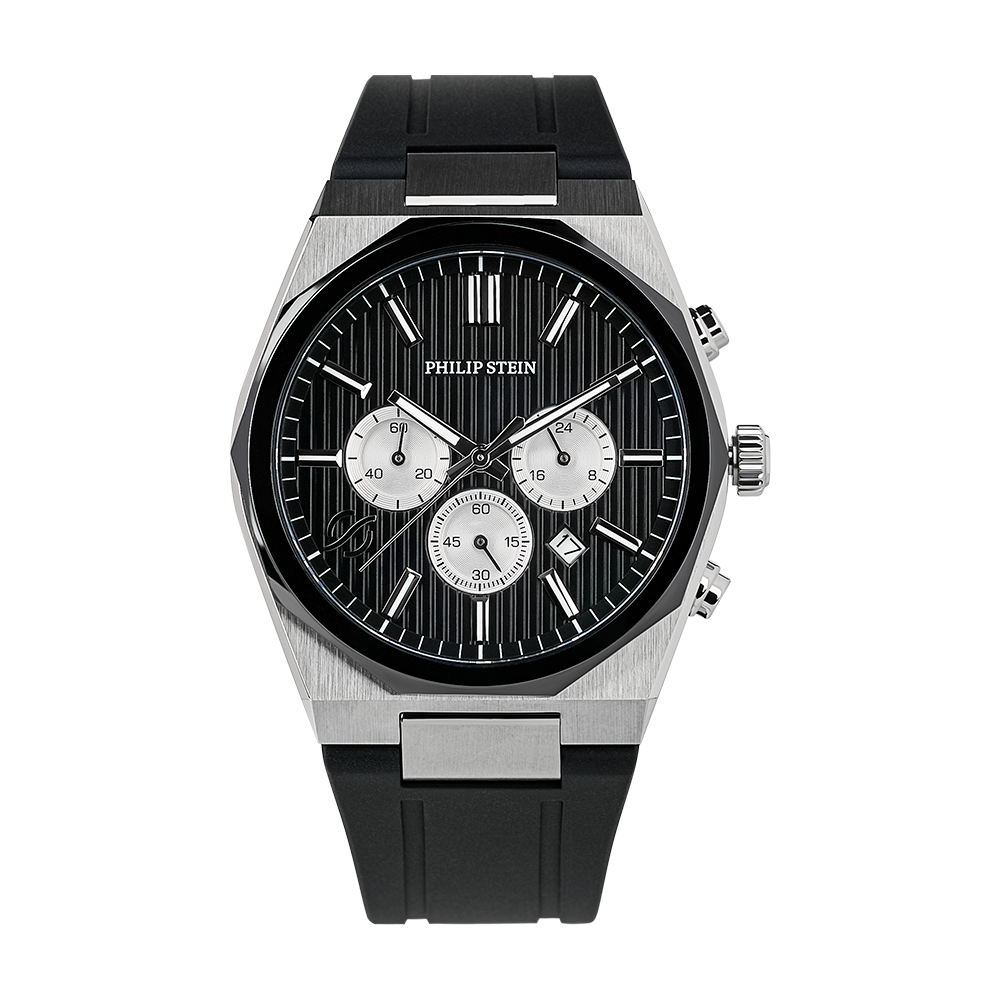Numerous sleep researches have discovered evidence that working out regularly can improve your sleep cycles (body clock), helping you fall asleep faster and get more restful sleep. Exercise boosts your rest in different ways and making it part of your routine can bring you many benefits. According to The Sleep Doctor, Michael J. Breus, Ph.D. here are a few of them:
Improve sleep quality. Exercise can contribute to more sound and restful sleep. Physical activity increases the time spent in deep sleep, the most physically restorative sleep phase. Deep sleep helps to boost immune function, support cardiac health, and control stress and anxiety.
Increase sleep amounts. In addition to improving the quality of sleep, exercise also can help you increase the duration of your nightly rest. Being physically active requires you to expend energy, and helps you feel more tired and ready to rest at the end of the day. Research indicates that exercise—in particular, regular exercise that’s part of a consistent routine—can help boost sleep duration, in addition to sleep quality.
Reduce stress and relieve anxiety. A regular exercise routine can help to reduce your stress levels. Stress is a common cause of sleep problems, including trouble falling asleep and sleeping restlessly during the night. Exercise is a potent remedy for anxiety and other mood disorders—just 5 minutes of exercise can trigger anti-anxiety responses in the body. Mind-body exercises such as yoga can help quiet the parasympathetic nervous system, which can help you relax. Research shows that mind-body exercises such as yoga and stretching can help to lower cortisol levels and reduce blood pressure, as well as having positive effects on mood.

How much exercise is right?
There is no one right answer to this question. The National Institutes of Health and the American Heart Association recommend at least 150 minutes of exercise a week for healthy adults—that’s 30 minutes a day, five days a week. Studies indicate that sleep may receive some of its most significant benefits from exercise that is consistent and routine over time, especially for people who experience difficulty sleeping.
It may surprise you to hear, but too much exercise can pose problems for sleep. Many people don’t give it much thought, but over-training is a common problem—and it can lead to sleep difficulties. In fact, one of the first symptoms of over-training is insomnia and difficulty sleeping, according to research.
When exercising, watch out for bedtime
When it comes to the timing of exercise, all chronotypes should be aware that exercising too close to bedtime may interfere with sleep. Working out too late in the day can leave you feeling energized and stimulated right before bed, and delay your transition to sleep.
Body temperature stays elevated for about four hours after you finish exercising. Higher body temperature can interfere with your ability to sleep. What does body temperature have to do with sleep? As your body prepares itself for sleep, you experience a drop in core body temperature—a drop that begins in the late afternoon. Falling core body temperature contributes to feeling drowsy. Exercise too close to bedtime can reverse that downward shift in body temp, and keep you awake. For all chronotypes, it’s a good idea to avoid everything but the gentlest forms of exercise—light stretching, relaxed yoga, and after-dinner stroll—within 3-4 hours of bedtime. Additionally, wearing the Philip Stein Sleep Bracelet can improve your recovery by helping you fall asleep faster, sleep deeper and wake up refreshed. The unique Natural Frequency Technology® embedded within it works like a fine antenna tuned to harness and channel to your body beneficial frequencies of the Earth associated with improved wellbeing.

Get out for a jog, cycle around your neighborhood, hit the gym for some weight training or a cardio session on the treadmill. Every bit of exercise you commit can help you feel better during the day and sleep better at night.
Read more

We are living in a fast-paced world and sometimes, when our day schedule is tight but want to exercise, we have to come up with a time-efficient option. Here are three running routines that can hel...

Every day we are confronted with multiple challenges and having the energy to overcome them is a constant struggle for almost everyone. Long hours at work, traffic jams, lack of proper sleep… they ...








